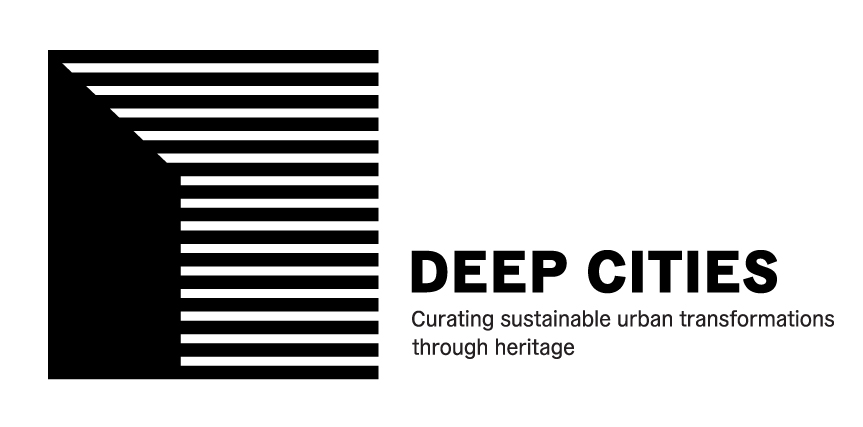Project facts
Presentation
It is well known that cities are constantly changing. As such, cities are composed of added historic layers that, over time, transform into heritage which merits conservation. Within the conservation process, heritage constitutes an inherent dynamic and transformative urban element. However, fragmented heritage structures targeted by urban strategies, often lose the opportunity to offer urban planning a sustainable source for cultural values as these pose difficulties for practitioners and users to agree on what is to be protected.
To address this challenge, CURBATHERI proposes an approach in which historical transformation is a value which we need to sustain. In this way, the needs for change and new cultural imprints in the city are addressed through its own deep historic continuity. To achieve this, CURBATHERI’s main objective is to develop a management toolbox that considers historical urban transformation as a source of heritage values that will enable decision makers to better understand the deep history of the place. This toolkit is based on cross-cutting research for comparable analysis in Norway, UK, Italy and Spain that integrates conceptual solutions defined by participatory approaches, online and offline, through innovative digital heritage modelling.
The toolbox is expected to facilitate the conceptualization of heritage values among stakeholders for the prioritization of best planning solutions. Both the theoretical and practical contributions of the project aim to stimulate reflection on the choices on how to use urban heritage affected by the historical transformation in urban planning. All in all, using these choices as a tool for enabling dialogue will stimulate reflection on how to make room for different ways of implementing time and temporality in future cities.
A ‘deep cities’ approach for historical urban areas implies diversity of values which may be in conflict. CURBATHERI aims to demonstrate with empirical research the innovative uses of digital technologies, such as those of social media, for the operationalization of a plural vision of heritage for the design of desirable cities. The objective is to develop a toolbox that enables reflexive and deliberative management processes and enhances social inclusion through digital technologies for the co-production of broader values associated with fragmented heritage. In effect, the toolbox will act as an interactive tool for dialogue and negotiation on what should be preserved and integrated into contemporary and future urban plans.
Impacts & Results
- CURBATHERI proposes a new conceptual model that understands historical transformation as heritage values and how to curate and use these values for sustainable urban development.
- CURBATHERI contributes to the practical application of systemic and dynamic approaches, which are key theoretical concepts of sustainability, thereby social sustainability through people-centered participatory methodologies, and correlates them with heritage-led urban transformation.
- CURBATHERI assesses the current state of the practice on community participation on heritage-led urban transformations and the decision-making process, in four European case studies as observatories. It tests the validity of innovative methods to improve management practices on their ability to include stakeholders’ diverse values in case studies as laboratories.
- CURBATHERI examines the opportunities and implications of digital visualisation technologies for the operationalization of a vision of cultural heritage that represents the diversity of the European community. A cross-cutting transnational platform offers a communicative solution for sharing knowledge and experiences between local European managers and communities.
- CURBATHERI will provide guidelines and recommendations to EU conservation policy and local management bureaucracies on the implementation of public participatory methods and the potential value of co-design and co-production of heritage-led urban transformations.
- CURBATHERI will provide a platform for dialogue and dissemination between stakeholders in urban environments, promoting long-lasting communication and collaboration. The management toolbox will serve as a sound instrument for analytically based solutions that promote predictable planning process, thereby lowering potential stakeholder conflicts and underpin future cooperation.

